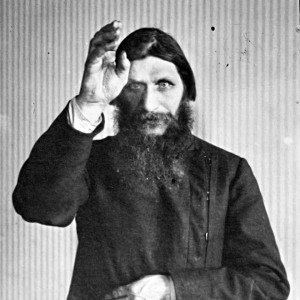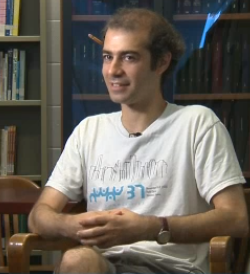X-iversaries everywhere
Here are two anniversarial tweets that appeared Friday evening. The first is from the WhiteHouse.gov Technology account, celebrating the anniversary of the release of the source code for We the People:
Happy #OpenSource-iversary @wethepeople! A year ago today we released the code, see what we've been up to since: http://t.co/Bvwu35xh8h
— WH.gov Technology (@WHWeb) August 23, 2013
The second is from Chris Messina, a.k.a. the hashtag godfather, on the occasion of the sixth anniversary of his proposal of the hashtag convention on Twitter:
BTW, little secret: TODAY is the 6th #hashtagiversary. I totally punk'd CNBC. DON'T TELL ANYONE!!!!!!!
— Chris Messina™ (@chrismessina) August 24, 2013
(Messina didn't actually coin hashtag on that fateful day in 2007 — that was done a few days later by Stowe Boyd, another early Twitter adopter. See the Spring 2013 installment of "Among the New Words" in American Speech [pdf], which I co-wrote with Charles Carson, as well as Boyd's own recent post on the subject.)
Read the rest of this entry »



